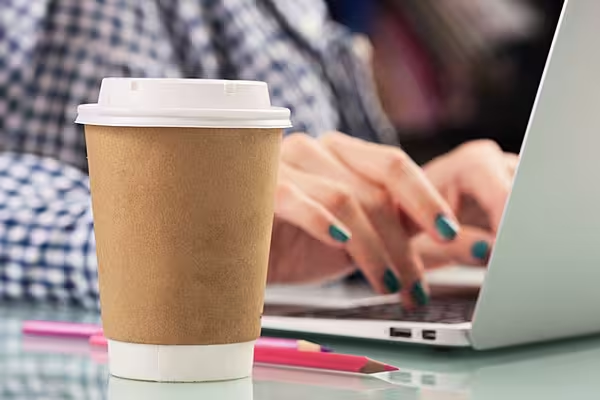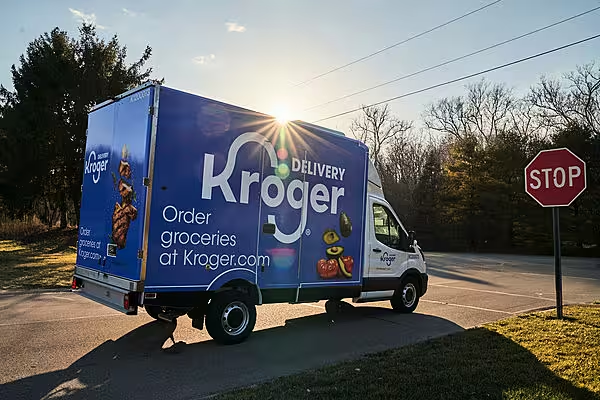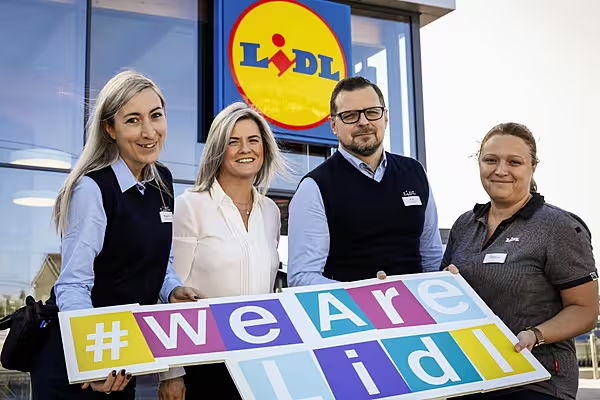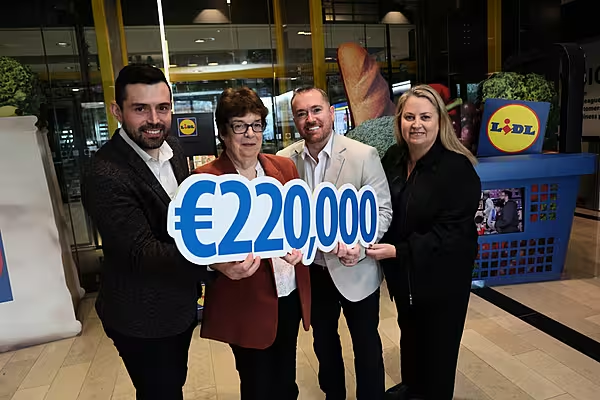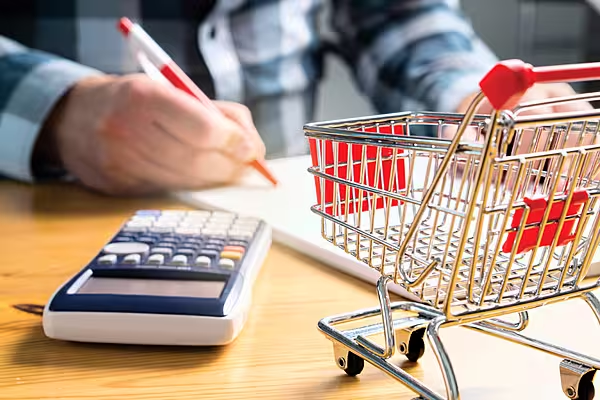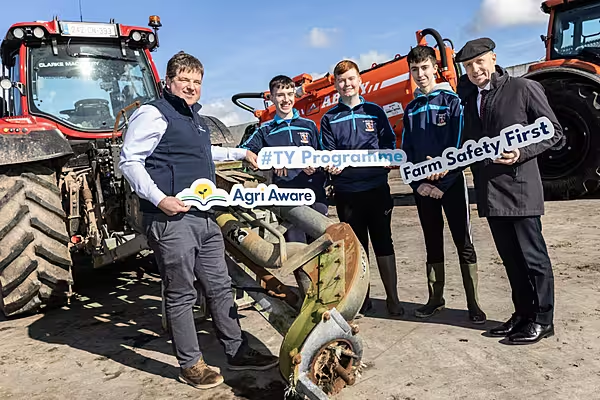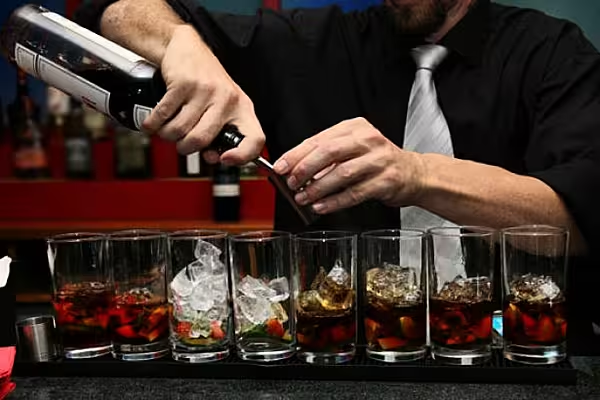Since the Deposit Return Scheme (DRS) was introduced at the start of February, it has called for a change in consumer behaviour.
The scheme functions by a small deposit being applied to a drink in a plastic bottle or aluminium can at the time of purchase. Once returned, the deposit is refunded or can be used as a voucher towards your shopping.
As a circular economy initiative, it can only function with containers that are part of the circulation. This means that old stock, which retailers have not paid a deposit for, must be sold without a deposit and should be recycled normally.
This will all change on 31 May, which is the last day old stock can be sold. After that date, all eligible bottles and cans in circulation will be part of the scheme.
The mixed transition has made it more difficult for customers to adapt – but change is far from impossible.
Due to increased environmental risks impacting the planet, dramatic changes in behaviour have been requested to mitigate the damage.
From plastic bags and coffee cups to fuel restrictions and energy saving, changes are happening in the Irish retail sector, with varying levels of success.
Plastic bags
In 2002, a charge of 15c per plastic bag was introduced. At the time, it was to curb the litter caused by free plastic bags offered at supermarkets. It also aimed to incentivise customers and retailers to change their behaviour.
Though there were difficulties in the first few years, including retailers not always charging for bags, the attitude towards plastic bags and shopping has changed.
In 2015 it was reported that plastic bag usage in Ireland had dropped by a staggering 90% after the introduction of the levy. One billion less bags were used.
The Revenue Commission reported in 2002 that they had taken in an incredible €3.5 million as part of the 15c levy between its introduction on 4 March that year and June. The money was invested back into environmental schemes.
Though visually motivated at times – in reducing visible litter – the charge had a positive impact on the environment.
Despite growing pains, the levy has changed consumer behaviours and attitudes, and has inspired other countries to follow suit.
Latte Levy
Originally set to be introduced in 2021, the proposed latte levy has been a topic of debate in recent years.
As plans to implement it were derailed by Covid-19, which came with an increase in single-use plastic to avoid cross-contamination of the virus, President Michael D. Higgins signed a Circular Economy Law in a step towards the charge in 2022.
The plan has been consistently delayed, however. Many articles still say the levy is to be implemented in 2021, others say by the end of 2022, and more still by the end of 2023.
The law was taken to the European Union in July 2023 for approval.
There has been little update since.
Coffee retailers have shared their worries that the levy will introduce an unsustainable expense into an already stretched market. They fear the charge will compound difficulties faced by businesses with inflation. It may also impact customers faced with the heightened cost of living.
The proposed levy would see a 20c charge introduced when buying a hot drink in a single-use cup. Customers who bring a reusable cup will not be charged the levy.
Retail Excellence Ireland expressed concerns last summer at the levy increasing in the near future and businesses absorbing the costs. They also pointed out that the levy might serve as a deterrent to customers, further impacting businesses.
Businesses have pointed out that reusable coffee cups come with their own negative environmental impacts.
The levy is in stasis at the moment.
The plastic bag levy was such a success that this charge will no doubt be brought in. However, because getting a coffee is not as frequent or necessary as a weekly shop, there may be challenges not seen in the former scheme.
Smoky Fuel Ban
The sale of smoky fuel in shops and online was banned in 2022, removing a widely used fire fuel from the market.
Different fuel brands diversified in response to the ban, creating smokeless fuels that could be used without severely impacting air quality, landscape and the environment.
However, some businesses have been faced with irreparable challenges
In April 2023, The Irish Independent reported that one of the leading fuel brands, Stafford’s Fuel, was looking for a buyer as it sought to exit the market.
A company spokesperson cited a “very challenging” two years for the solid fuel industry as impacting the decision. A volume decline due to good weather, plus rising material prices due to the war in Ukraine caused difficulties.
But the banning of smoky fuel has no doubt had positive impacts. Communities have noted the improved air quality, and the environmental improvements are significant too.
Though the sector is in a transitional phase, brands are innovating to meet customer demands.
Energy Saving In Stores
Not every move impacts the customer as directly as a levy, deposit or ban.
In recent years, Irish supermarkets have been making an effort to improve their sustainability, setting and reaching goals.
Last year, Aldi Ireland announced a €7.2 million investment in six energy-efficient stores.
Lidl announced their focus on sustainability in building their new Newcastle store.
SuperValu has installed LED lighting and refrigerator doors in store revamps, including their Carrigaline store, in order to curb energy consumption.
With sustainability being such a hot topic at the moment and driving consumer demand, retailers are making it a priority.
The savings made in energy and waste are a bonus. The updates are quietly helping the retailers, the customers, and the planet.
New Habits
A change in behaviour is a lot to ask of customers and retailers. When something as routine as shopping is innovated, it is hard to switch course on a well-known route.
But changes happen, and habits change, and only through driving new behaviours can consumers and retailers try to fix stubborn problems.
Read More:Deposit Return Scheme Surpasses 20 Million Drinks Containers Collected
